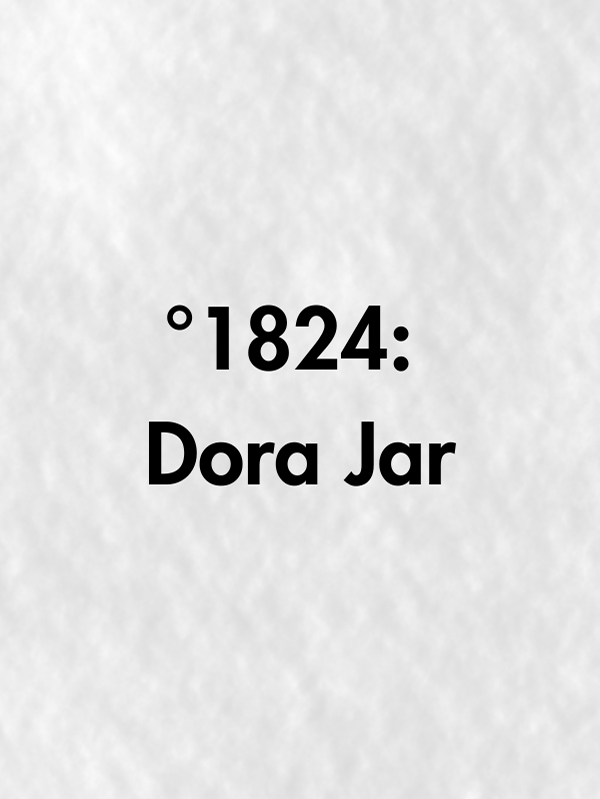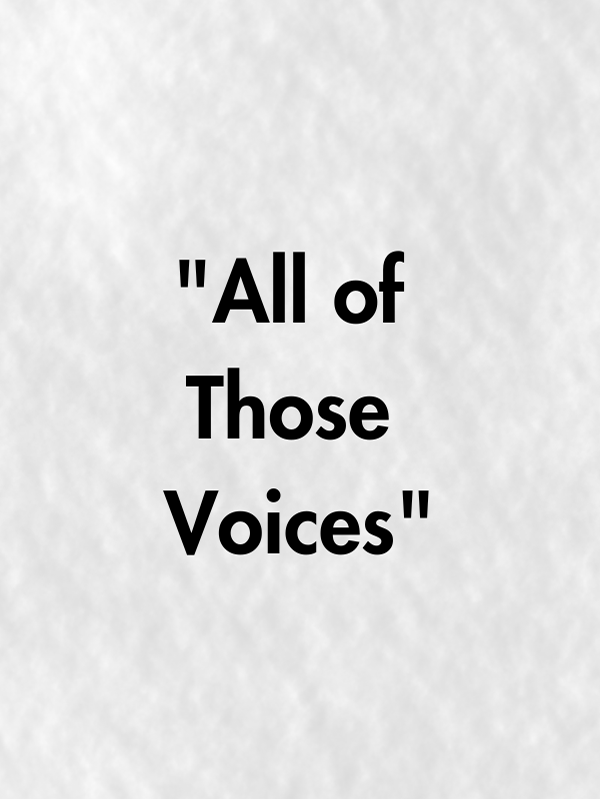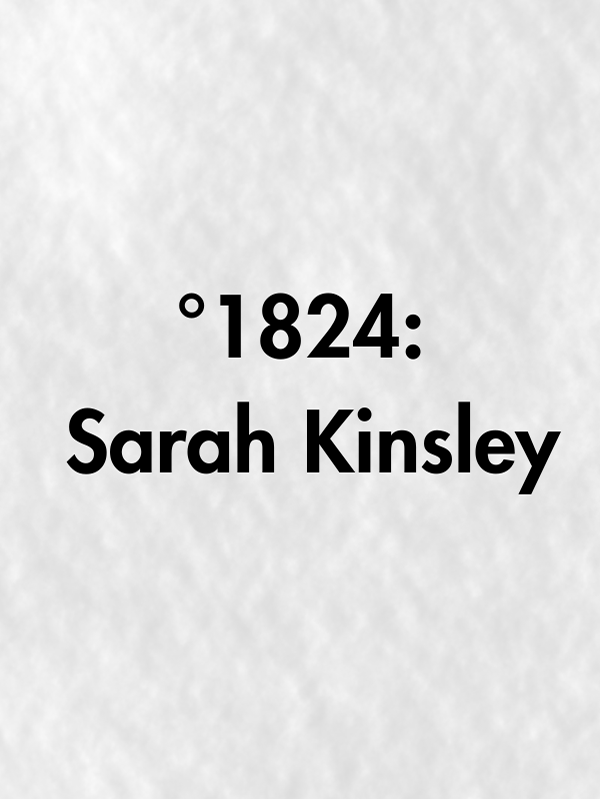Livingston is quickly becoming one of the most fascinating artists to watch in 2025. After his breakout viral hit “Shadow” topping global charts, Livingston has built a dedicated fanbase with more than 3 million monthly listeners on Spotify. And he continues to capture the imagination of his fans and newcomers alike with an expanded 2-disc deluxe edition of his debut album, “A Hometown Odyssey (The Story Continues).” And thanks to °1824, we were thrilled to spend time with him to get an insight into his inventive mind and personality. “A Hometown Odyssey” is a fitting title for his debut, as it illustrates his own personal journey as an artist through intimate lyricism against pristine cinematic soundscapes. These elements, which have already become an identifiable part of his trademark and sonic world-building, are immediately tangible upon listening to one of his songs like “Brainstorm,” a track that describes his own mental anxieties—passionately framed through his anthemic vocal delivery and orchestral symphonic production. His songs fit perfectly for radio and streaming, but they would also feel right at home in a movie trailer or dramatic action movie end credits. Movie soundtracks and cinematic visuals have inspired him as much as other pop and electronic musicians.
One of his early childhood influences was English composer, John Powell, who is known for composing music for many famous films including How to Train Your Dragon and Don’t Worry Darling. “I actually got to sit down with John when I was sixteen. He kind of gave me this crash course on music and how to use sound to evoke emotion and to tell a story. It was just a lucky profound interaction that I had with him when I was young that just made me never want to stop using those orchestral elements in my music, and I would love to do film music one day too.” And of course, his other influences include the legend, Hans Zimmer. “Hans Zimmer is just an absolute legend. He’s a genius. I would love to do a Bond song with him down the line. It would be a like a career milestone for me.” His production is ambitious, yet Livingston manages to avoid the trappings of studio overindulgence. His writing prioritizes the emotional core of the song and its message. “I think it is a matter of having respect for an idea when it gets delivered. What am I trying to say here? What can I do in making this a full song with production and vocals that makes it a full world and an experience?” he tells himself. For example, for a tune like Nightlight, he challenged himself in trying to capture that fresh unique feeling of what it is like to be young and to discover music and love for the first time. “What sounds could I use in way that can make my heart feel that innocent emotion?”
He smartly incorporates a music box style of melody that loops throughout the verses as an effective accompaniment to contrast against his clean layered vocals. This song is bursting with hopeful nostalgic energy as he reflects on innocence and the feelings of growing up and being in love. The album is just full of memorable heartfelt anthems. Livingston admits the given challenges of releasing a deluxe album, “People usually don’t care about deluxe albums. People want new albums. And usually, deluxe albums are an opportunity to throw a bunch of B sides that kind of didn’t really make the cut in the first round just to eke out more sales.” But it can be a very prudent approach particularly for a debut album; Livingston has had these musical ideas brewing in his mind for years since he was a teenager. And understandably, it creates a deep complex attachment that a single album cycle wouldn’t always be able to honestly represent the full story as intended. Listening through this new collection of songs, it is clear these are not merely B sides or throwaways; they feel like a natural logical expansion to his story. For Livingston, he really wanted to make a clear and bold final statement before finally moving on: “And as much as I desperately want to leave this album world, I felt there was one more level I could take it just with the quality of the songs and the production to really put on display the emotions that I felt the album had to potential to get across.”
- Carlo De Dios










